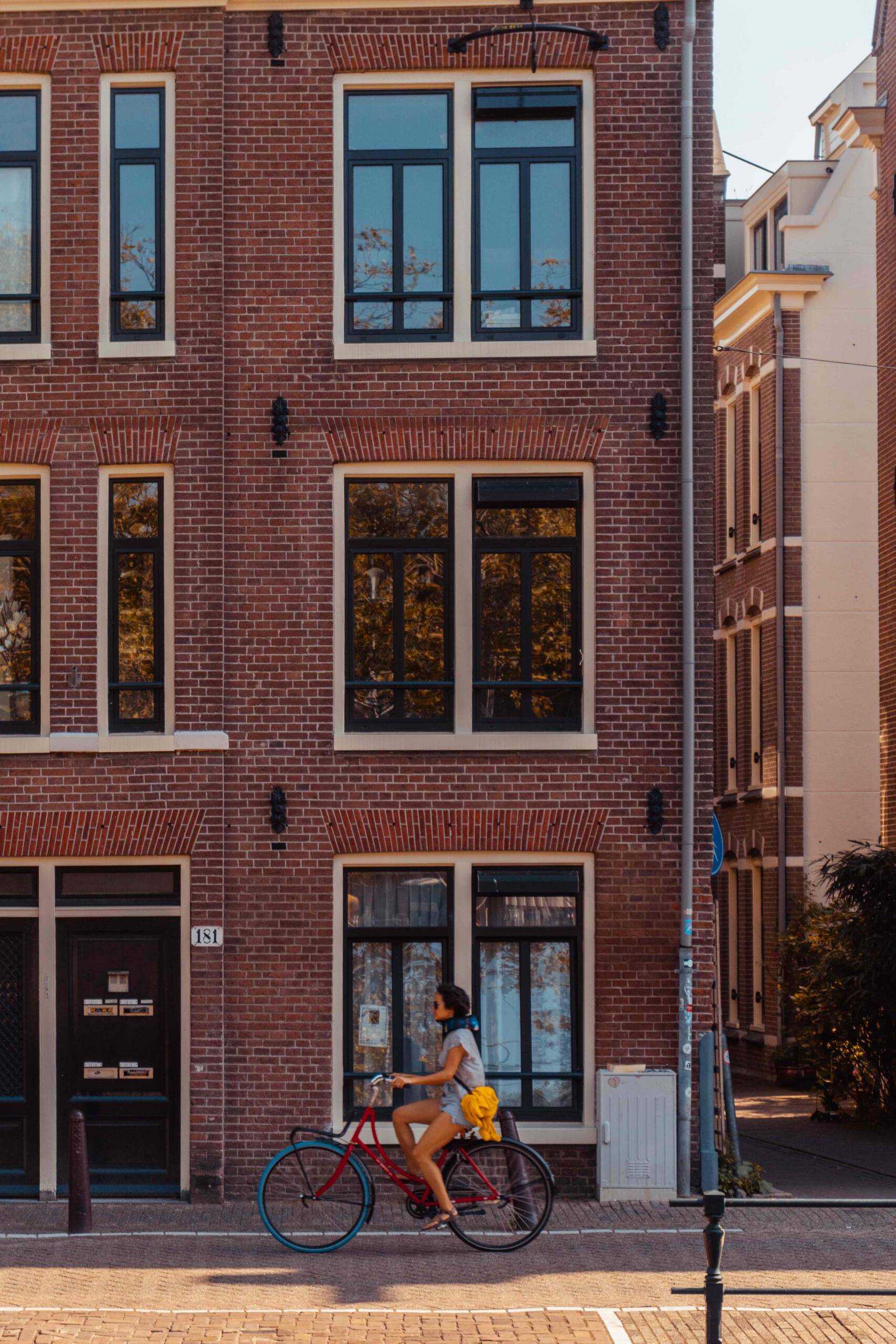In February, alderwoman Zita Pels (Housing) announced her intention to make joint rentals possible again, but after criticism she is withdrawing her proposal. The goal was to make room rentals easier in the housing crisis, but tenants’ rights are coming under too much pressure.
This article was taken from Het Parool.
With it, the alderman is responding to the criticism and many reactions that erupted after she announced her housing plans three months ago. The most notable measure in it was making it possible again to share one contract with multiple tenants. It was supposed to entice homeowners to take in more people.
But, Pels wrote Wednesday in the updated version of her plans, “Because of the impact on tenants’ rental rights and the negative reactions to this proposal, the condition of individual rental contracts for room rentals will be retained.
Malafide landlords
Her proposal had gone down the wrong track with, among others, the Federation of Amsterdam Tenants’ Unions. They argued that Pels was trying to solve the housing crisis on the backs of tenants. The Woon! foundation was also critical. “You make people financially dependent on each other,” counselor Gert-Jan Bakker said at the time.
Student union Asva was initially positive because the plan could help many students who are currently living somewhere illegally, but later reconsidered for fear that rental rights would be violated too easily. That was also the reason that in 2020, then SP housing alderman Laurens Ivens had banned joint tenancy agreements in the first place, a ban that now remains in place.
Pels is also returning to her wish that landlords must now apply for a permit, with which she wanted to thwart rogue landlords. The Hague and Rotterdam want to introduce this, and in Groningen landlords already have to do it if they rent to students. But on reflection, Pels says it adds nothing to the enforcement options that are currently being tightened nationwide, and creates unnecessary extra work.
Family housing only for families
Initially, the alderman wrote that he also wanted to use temporary leases to control the scarce corporation housing specifically for wheelchair users and large families (more than eight people). “Therefore, we need to offer people suitable housing especially when their children have flown out,” she told Het Parool at the time. “It is true that we want to investigate whether we can eventually apply some form of coercion. For example, by including a clause about this in temporary contracts.”
It led to great outrage and uproar nationwide, which is why Pels now emphasizes that it will not involve temporary contracts. However, she does say she still wants to impose conditions in rental contracts for this type of housing that “in consultation” a new home will be looked at, if someone no longer uses the home for the purpose for which it was intended.
“No one has to










